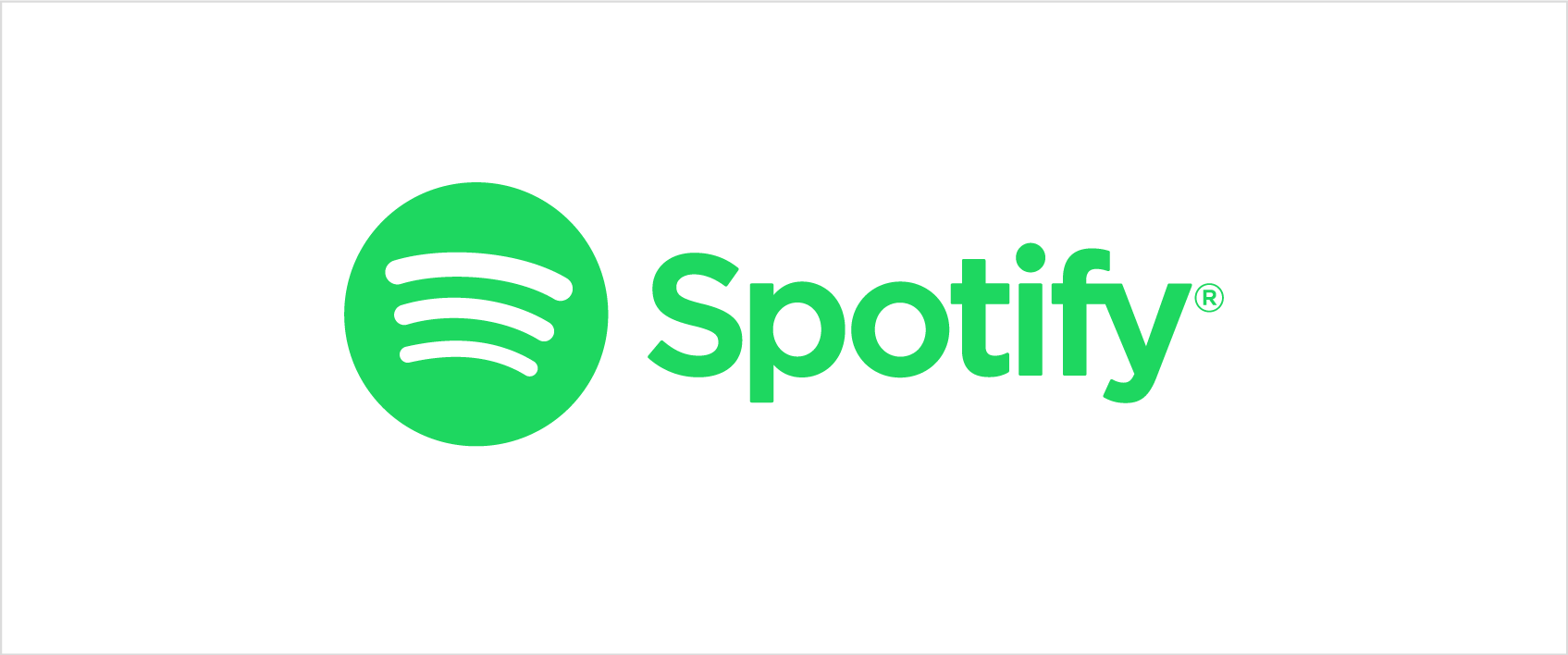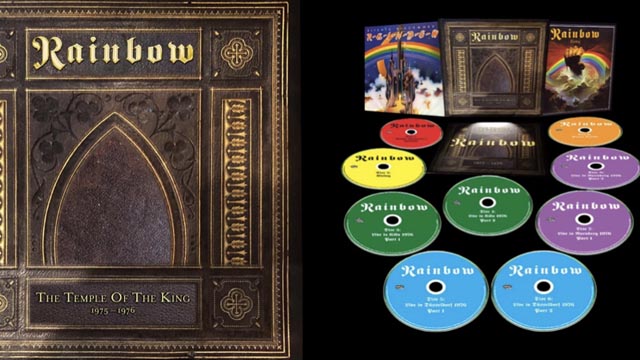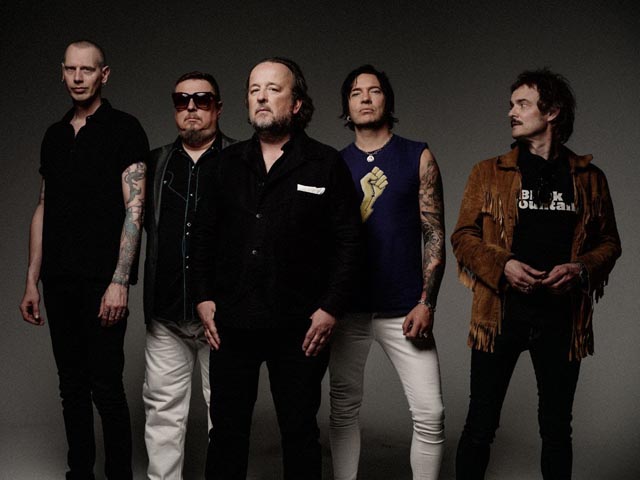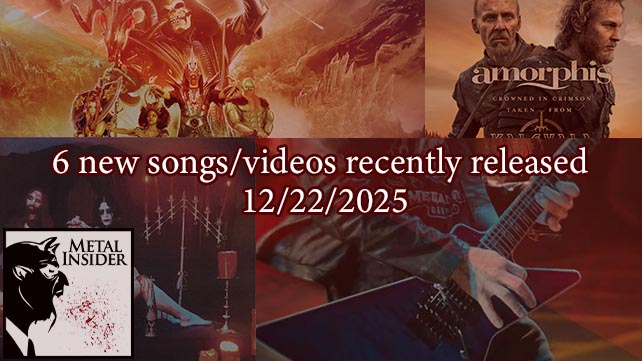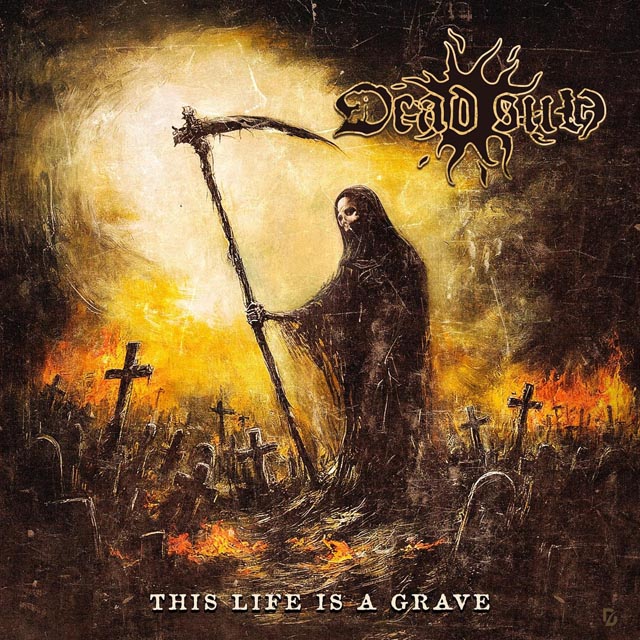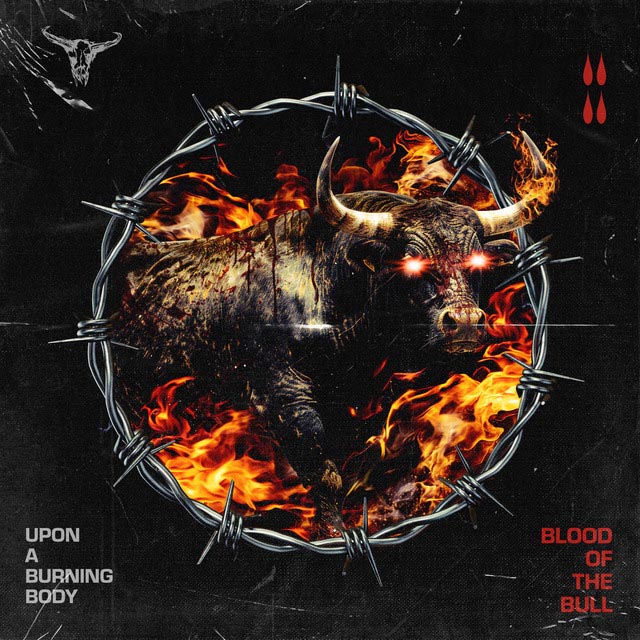 There’s been a lot of industry discussion about how online music streaming services are compensating artists. But while Spotify and Pandora might be great ways to expose new acts to people, that isn’t translating into money for the songwriters whose music is being exposed. And while there aren’t any metal artists in these two below cases, it’s pretty easy to see that streaming services are shorting songwriters.
There’s been a lot of industry discussion about how online music streaming services are compensating artists. But while Spotify and Pandora might be great ways to expose new acts to people, that isn’t translating into money for the songwriters whose music is being exposed. And while there aren’t any metal artists in these two below cases, it’s pretty easy to see that streaming services are shorting songwriters.
Galaxie 500 was a late ’80s alternative band. While they broke up in 1991, they’re still getting spun on Pandora and Spotify. But as the band’s Damon Krukowski recently broke it down to Pitchfork, online streaming services are hardly a cash cow for a band of their stature.
My BMI royalty check arrived recently, reporting songwriting earnings from the first quarter of 2012, and I was glad to see that our music is being listened to via these services. Galaxie 500’s “Tugboat”, for example, was played 7,800 times on Pandora that quarter, for which its three songwriters were paid a collective total of 21 cents, or seven cents each. Spotify pays better: For the 5,960 times “Tugboat” was played there, Galaxie 500’s songwriters went collectively into triple digits: $1.05 (35 cents each). To put this into perspective: Since we own our own recordings, by my calculation it would take songwriting royalties for roughly 312,000 plays on Pandora to earn us the profit of one–one— LP sale. (On Spotify, one LP is equivalent to 47,680 plays.)
That’s a bit sobering. But what about someone that’s had a bona fide hit? Ellen Shipley co-wrote the 1987 Belinda Carlisle hit “Heaven is a Place on Earth.” She recently wrote to Digital Music News about Pandora. Over the last three months, that song was spun 3.1 million times on the service. Her cut as one of the two writers? $39.61. Granted, she’s only a cowriter, and didn’t perform the song, but that’s an alarmingly low rate.
It can be assumed that most artists’ streams on the two services fall somewhere in between Krukowski’s and Shipley’s. And while both of those bands are inactive, a typical touring band that’s counting on being compensated for their music should take into account that regardless of the exposure, at the current rate, it’s going to translate into pennies, not dollars. Just ask Matt Heafy.





